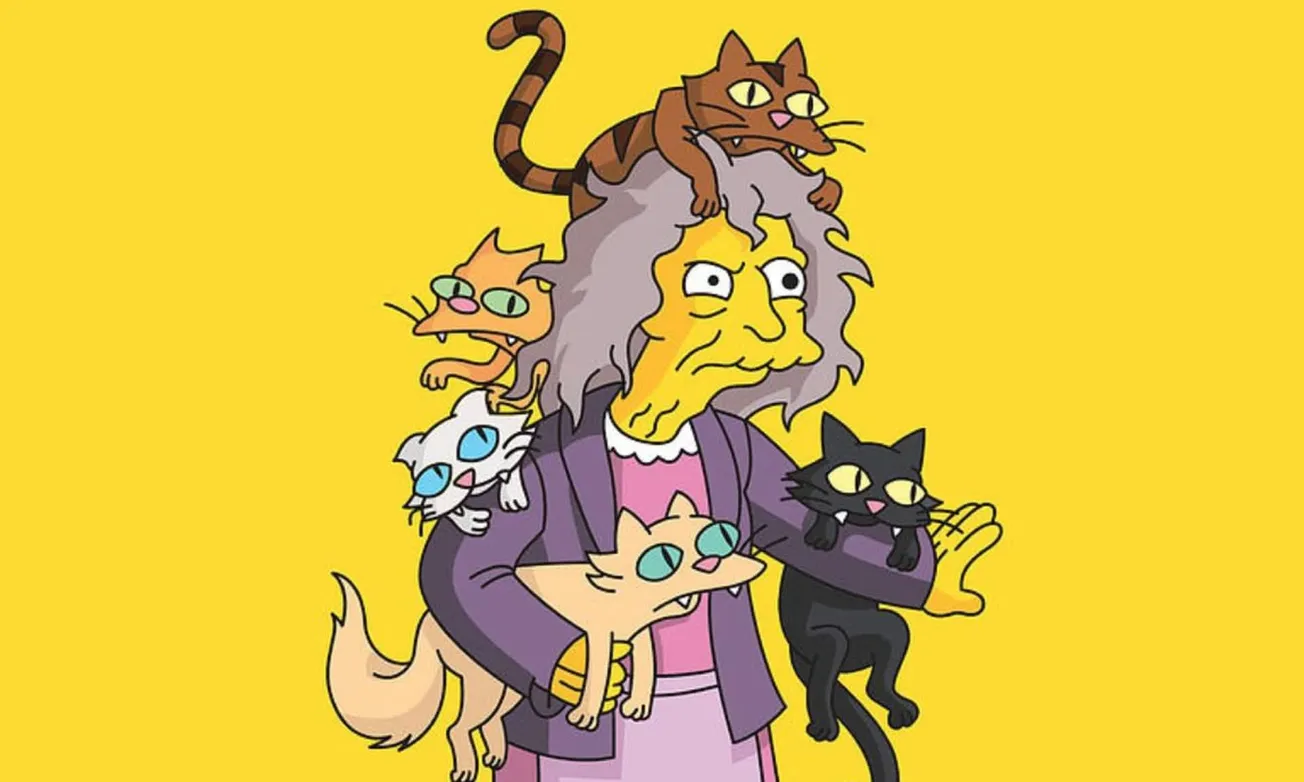Table of Contents
So, is the ‘Crazy Cat Lady’ stereotype based in fact after all? A new review of the scientific literature suggests that it is.
Which comes first, though, the cats or the crazy, is not so clear.
A new review suggests that having a cat as a pet could potentially double a person’s risk of schizophrenia-related disorders.
Australian researchers conducted an analysis of 17 studies published during the last 44 years, from 11 countries including the US and the UK.
“We found an association between broadly defined cat ownership and increased odds of developing schizophrenia-related disorders,” writes psychiatrist John McGrath and fellow researchers, all from the Queensland Centre for Mental Health Research.
Correlation, of course, is not causation. So it’s not clear whether madwomen collect cats or whether a collection of cats sends her over the edge.
One suggested causal link is possible exposure to a parasite called Toxoplasma gondii, but the evidence for that is far from clear. As is, it must be admitted, any actual link between felines and derangement.
T. gondii is a mostly harmless parasite that can be transmitted through undercooked meat or contaminated water.
A bite from an infected cat or the feces of an infected cat can also transmit T. gondii. It’s estimated that around 40 million people in the US may be infected, usually without any symptoms. Meanwhile, researchers keep finding more strange effects that infections may have.
Once inside our bodies, T. gondii can infiltrate the central nervous system and influence neurotransmitters. The parasite has been linked to personality changes, the emergence of psychotic symptoms, and some neurological disorders, including schizophrenia.
However, a link doesn’t prove T. gondii causes these changes or that the parasite was passed on to a human from a cat.
And, as it happens, the relatively sparse research done so far turns out to be of low quality.
The research so far has put forth mixed conclusions.
Studies have found that being around cats during childhood might make a person more likely to develop schizophrenia; however, not all studies have found an association.
Some also link cat exposure to higher scores on scales that measure traits related to schizophrenia – which affects a person’s thoughts, feelings, and behaviors – and psychotic-like experiences, but again, other studies don’t show this connection […]
15 of the 17 studies were case-control studies. This kind of research cannot prove cause and effect, and it often does not look at things that might have affected both the exposure and the outcome.
A number of the studies that were looked at were of low quality, which is something that the authors also highlight.
If nothing else, the review shows some refreshing epistemic humility: something increasingly rare in science, which insists on being ‘settled’ over rigorous debate.
Still, there are some curious and tantalising findings in the review.
One study found no significant association between owning a cat before age 13 and later developing schizophrenia, but it did find a significant link when narrowing down cat ownership to a specific period (ages 9 to 12). This inconsistency suggests that the crucial time frame for cat exposure is not clearly defined.
A study in the US, which involved 354 psychology students, didn’t find a connection between owning a cat and schizotypy scores. However, those who had received a cat bite had higher scores when compared to those who had not.
Another study, that included people with and without mental disorders, discovered a connection between cat bites and higher scores on tests measuring particular psychological experiences. But they suggest other pathogens such as Pasteurella multocida may be responsible instead.
There is, though, one thing the authors are (fairly) clear on:
“In conclusion, our review provides support for an association between cat ownership and schizophrenia-related disorders,” the authors write.
Science Alert
Face it: the Crazy Cat Lady trope is just too much fun to let go.








